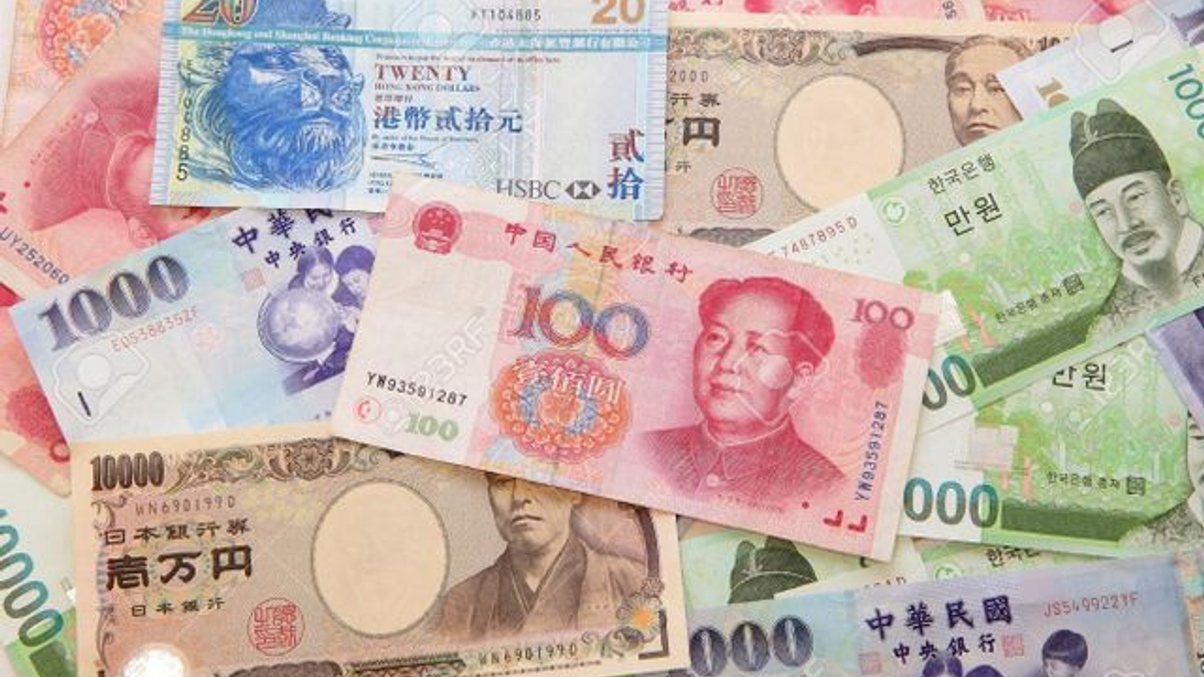Asian family offices circle the wagons as they look beyond volatility
Private equity, digital assets and ESG are the focus for wealthy families while inflation is top threat, new study finds.

If there’s one economic phenomenon that can be said to have defined 2022 more than any other, it’s likely to be inflation, which has swept the world, prompting interest rate rises and impacting the value of many investments.
Sign in to read on!
Registered users get 2 free articles in 30 days.
Subscribers have full unlimited access to AsianInvestor
Not signed up? New users get 2 free articles per month, plus a 7-day unlimited free trial.
¬ Haymarket Media Limited. All rights reserved.


